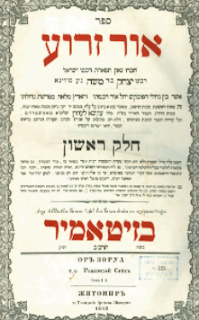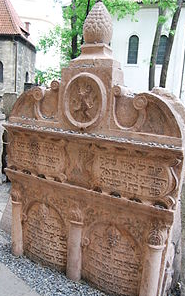 |
| Rambam's Letter to Yemen |
In this article, we look at some of the early Jewish messianic claimants and their movements, of which there have been many throughout history.
Judaism is well-known for its rejection of the Christian Messiah, yet it embraced numerous other messianic claimants and developed an intricate and complicated relationship with messianism. With the current resurge in messianism in the Jewish world in general and in movements like Chabad in particular, it may come as a surprise that this rejuvenation is nothing new. We see that throughout Jewish history there has always been the belief held by significant numbers of the population, that we were on the cusp of the great eschatological event heralding the imminent arrival of an identifiable and righteous Messiah.


